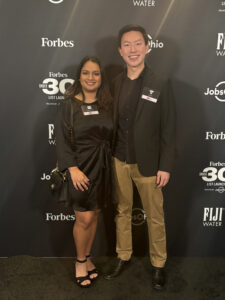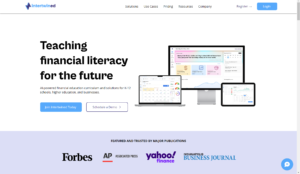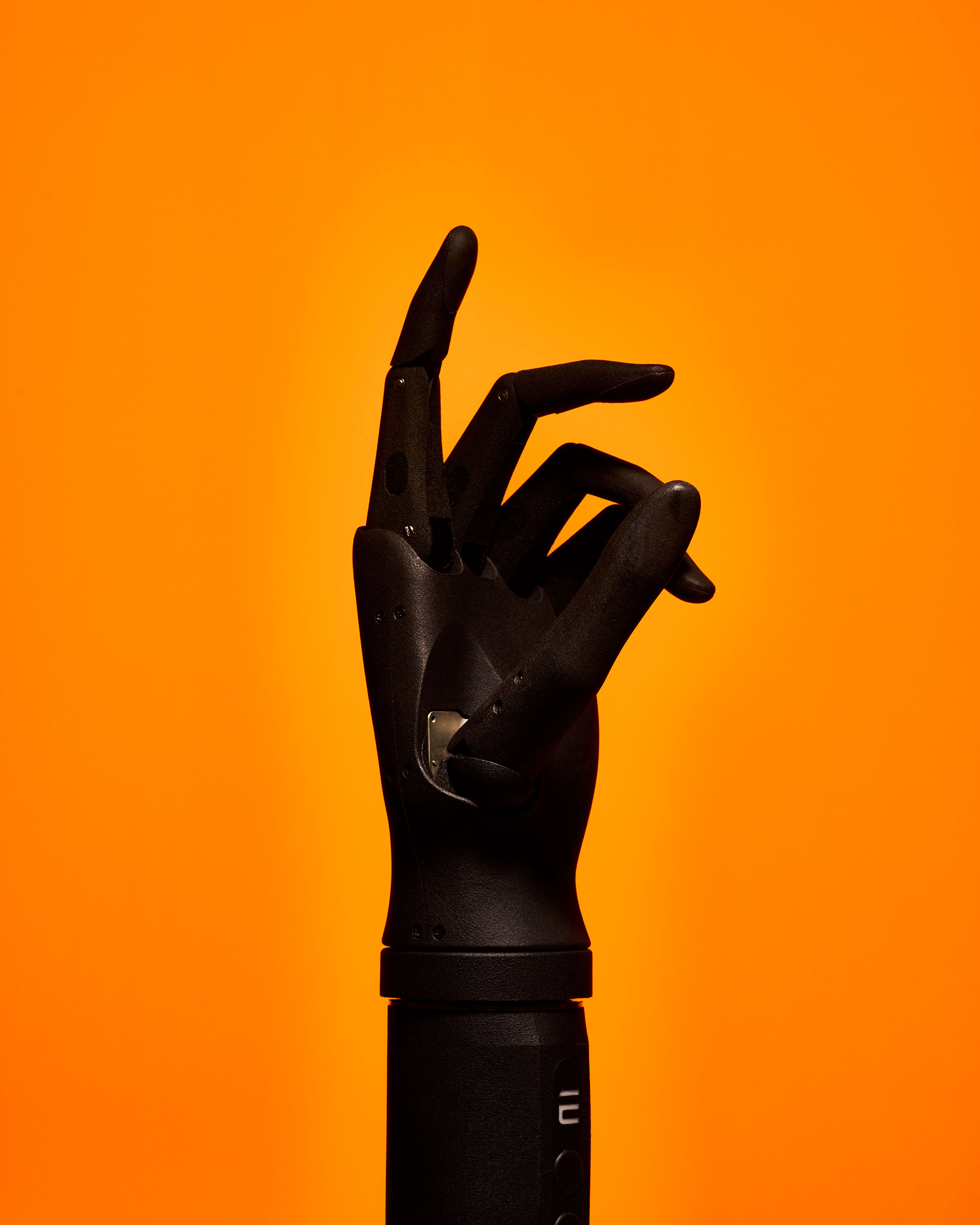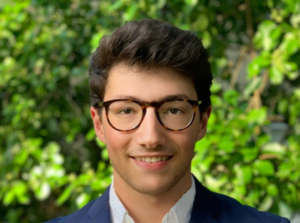%2Fcdn.vox-cdn.com%2Fuploads%2Fchorus_asset%2Ffile%2F22694540%2Fmerlin_98728054.jpg)
Imagine if at 16 years old you decided to start a company that helps others learn more about artificial intelligence. Well, that’s what Jui Khankar did with AInspire when she was only 16 years old! AInspire is a nonprofit that helps students to explore and familiarize themselves with AI better all for free! But how big of an impact does AInsipre have in our lives? Well, AInspire has helped to serve over 26,000 students in all 50 states and even 91 countries! Jui also works with a team of 11 other women who are helping to make a difference with AI. She started this nonprofit after attending a summer camp at Stanford University when she was a high school freshman. As more time went on, she had a desire to learn more about AI and how it can further medicine and the future. At first, Jui didn’t find a whole lot of sources and research opportunities about artificial intelligence, especially for beginners wanting to know more. Soon she created AInspire.org and started to help others learn more about AI and its possibilities. Artificial intelligence keeps developing as technology improves, and so does our future. With the rapid development of AI, Jui realized the importance of gaining more knowledge on the topic and concept to help beginners learn more about where the future of AI can take us. With utilizing AI, the future could improve a lot because it can help out businesses to simplify running their businesses. With AInspire, Jui uses lessons and activities to help others grasp the concept of AI with the technical, comprehension, and interpersonal skills that are needed to have a career in the 21st century. Jui also started an AI club at Hinsdale Central. The program is targeted more towards middle and high school students but it’s also available for everyone too. Since AI is being integrated into our everyday lives, it’s better to get a head start on learning about it now. So, since AI is slowly being added everywhere, she wanted to make AInspire free for everyone. AInspire has been seen on NBC, Chicago Sun Times, FOX 32 Chicago, The Hinsdalean, Chicago Tribune, Swiss Cognitive, and much more! You can check out AInspire here!
Sources:
Ask an expert – JUI KHANKARI, NONPROFIT FOUNDER – The Hinsdalean
Oak Brook teen receives Diana Award for nonprofit focusing on AI education – Chicago Sun-Times

 Developing new systems and partnering with healthcare companies and officials (such as Sonic Healthcare), Aengus and Dimitri Tren provide their service to over a million clinicians around the world. To check out their website,
Developing new systems and partnering with healthcare companies and officials (such as Sonic Healthcare), Aengus and Dimitri Tren provide their service to over a million clinicians around the world. To check out their website, 



